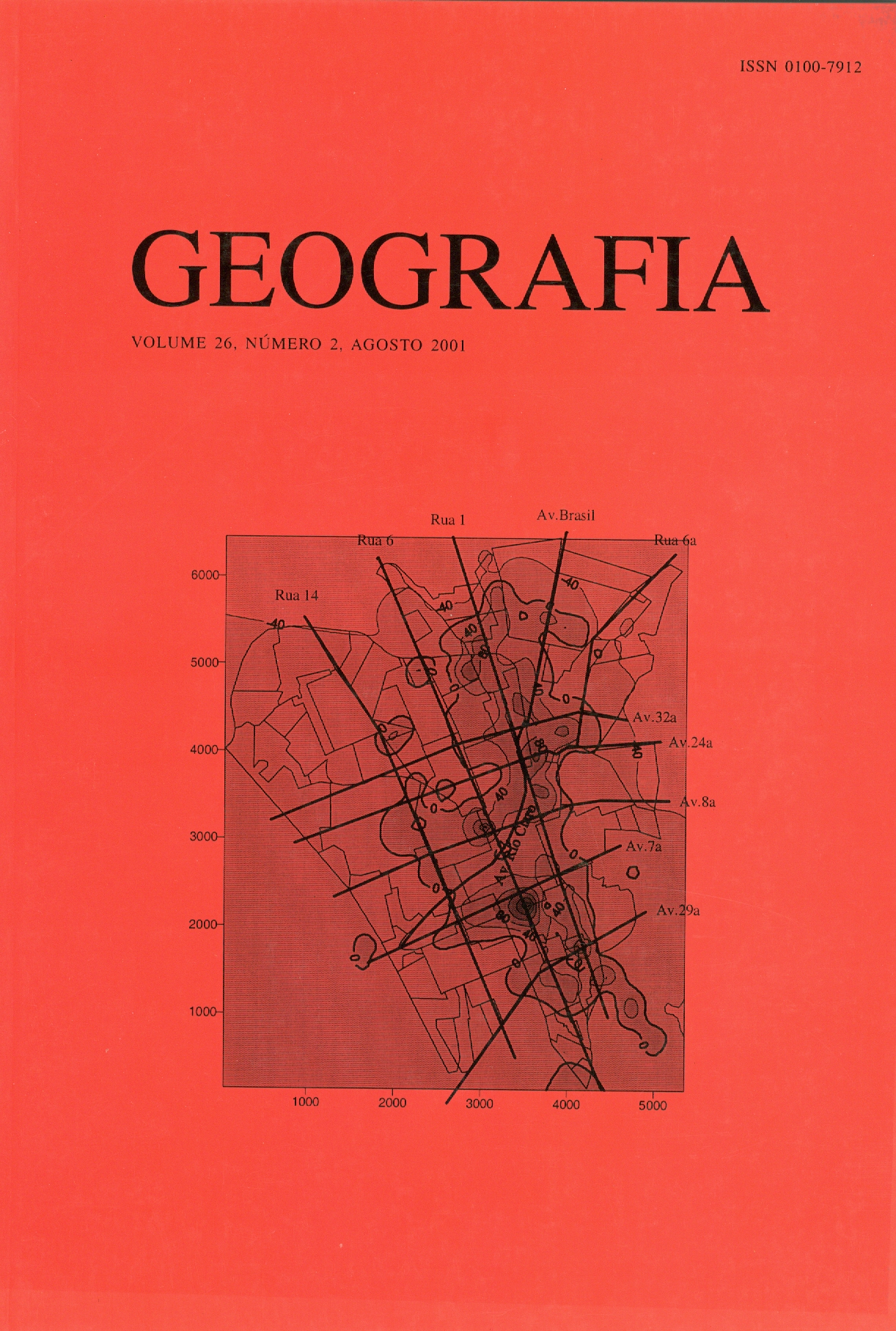Public Transportation in Metropolitan Peripheries: Case Studies in Salvador, Bahia
Abstract
Assuming that the case studies presented here are exemplars for understanding the conflict among social classes in capitalist metropolis, we see such conflict expressed in unequal and exclusive means of public transportation, very common in other metropolitan areas throughout the country. Investigation consisted of a through review of cartographic and historical sources at authoritative institutions in addition to interviews, queries and field work in the communities studied. The results have shown that among the lower class districts there are meaningful differences with regard to the population needs for transportation service. The districts that are very close to central bus stations for passenger transfer or that are strategic for tourist activities are well served by the bus companies. There are some differences in the districts concerning the distribution of bus stops and the existing fleet. The bus routes prioritise the areas located near the coast over the interior and less valued areas. There is strong evidence of a very close relationship between accessibility and the appearance of commercial activities and services. The study concludes that more reasonable planning that privileges the public transportation over private should give riority to servicing lower class metropolitan districts, fulfilling the needs of the people who use these routes. There must be creativity to introduce alternative means that compliment the traditional rail and auto transportation, providing connections to these districts. As in other metropolitan regions around the country one of the main limitations to be faced by the cities administrators of the Metropolitan Area in Salvador (RMS - Região Metropolitana de Salvador) concerning the management of public transportation is the ability for both private citizens and the state to pay the cost for such a quality system.
Downloads
Published
Issue
Section
License
The authors maintain the copyright and grant GEOGRAFIA the right of first publication, with the articles simultaneously licensed under the Creative Commons BY 4.0 License, which allows sharing and adapting the articles for any purpose, as long as appropriate credits and provisions of image rights, privacy or moral rights. Other legal attributions can be accessed at: https://creativecommons.org/licenses/by/4.0/legalcode.en.
Geography, Rio Claro, SP, Brazil - eISSN 1983-8700 is licensed under the Creative Commons BY 4.0 License.





